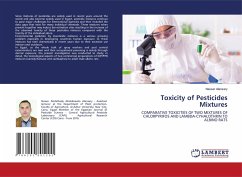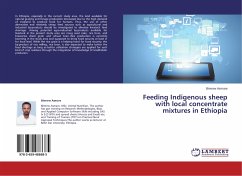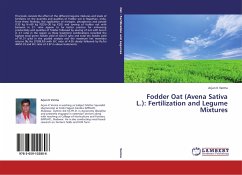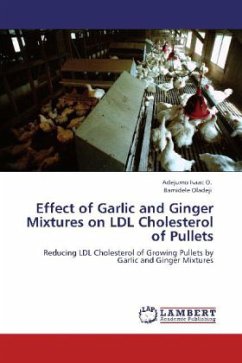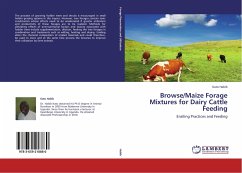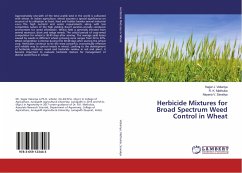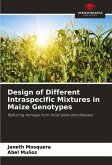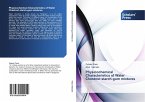Since mixtures of pesticides are widely used in recent years around the world and also become widely used in Egypt, pesticide mixtures continue to pose major challenges for international agencies and their included the data gaps that exist for many individual chemicals. These mixtures when present together may induce bio-activation sites resulting in the increase of the observed toxicity of these pesticides mixtures compared with the toxicity of the individual alone.Environmental pollution by insecticide mixtures is a serious growing problem especially in developing countries human exposure to these mixtures has risen dramatically in recent years due to their excessive use indoors and outdoors. In Egypt, as the whole bulk of spray workers and pest control exterminators are men and their occupational poisoning is mainly through dermal exposure, the present investigation was conducted to study, in detail, the toxicological aspects of two commercial preparations of (OP/PYR) mixtures(namely Runsave and Lambaphos) to adult male albino rats.
Bitte wählen Sie Ihr Anliegen aus.
Rechnungen
Retourenschein anfordern
Bestellstatus
Storno

